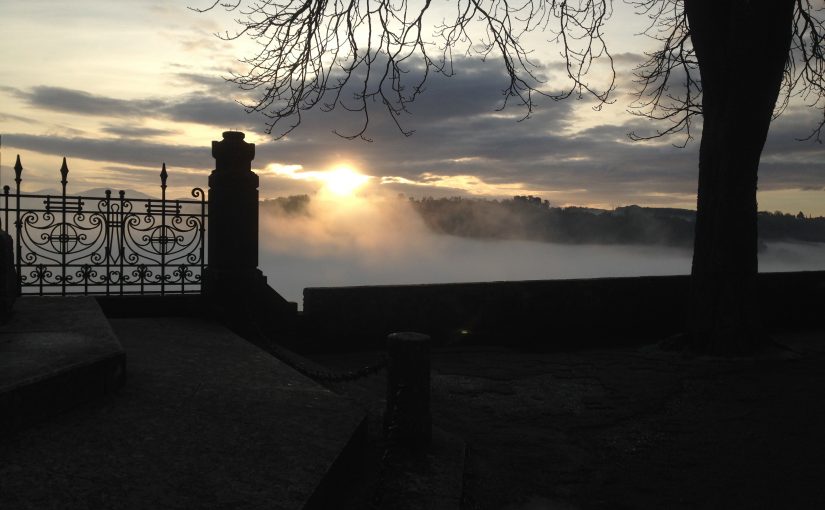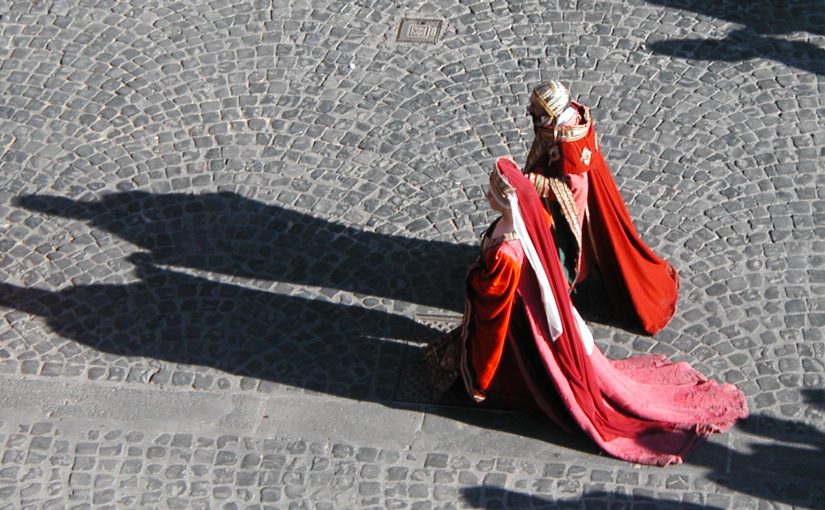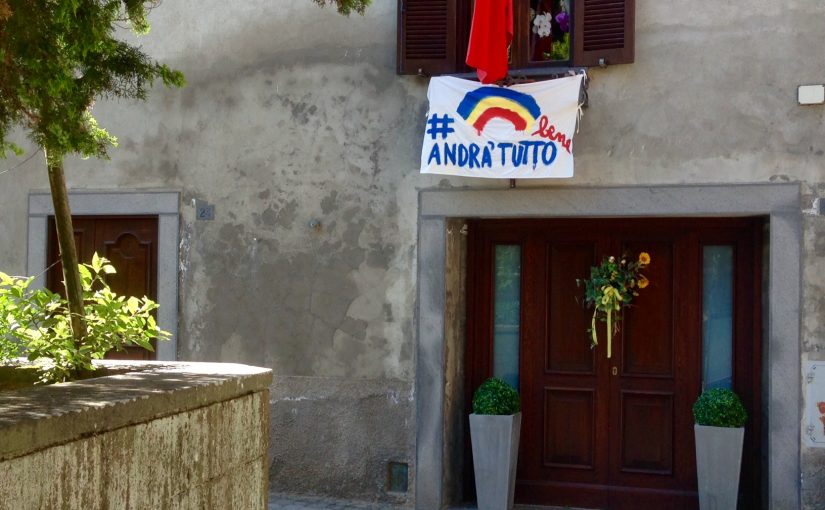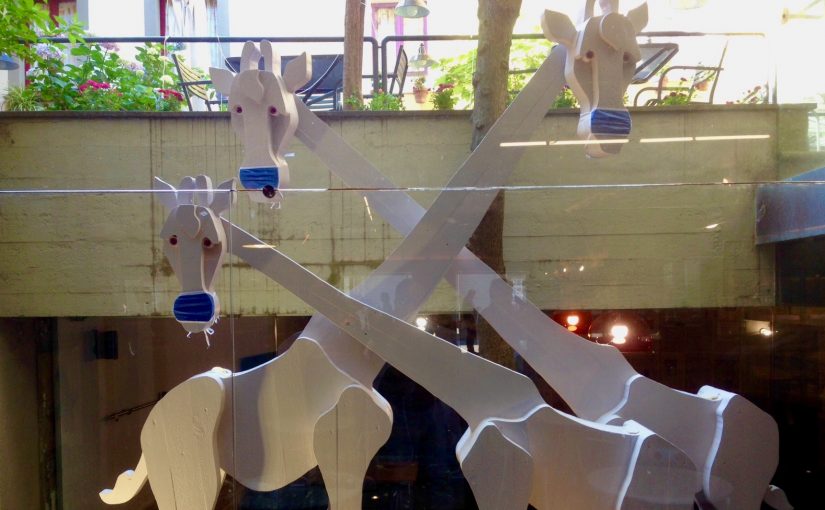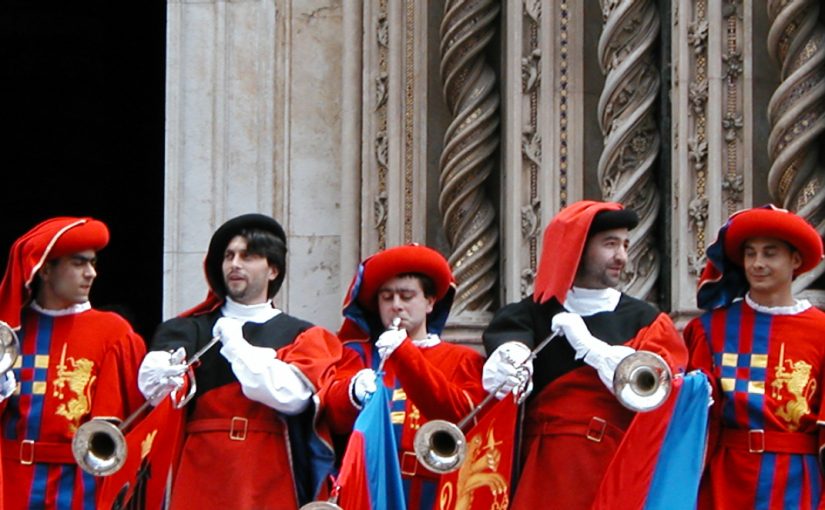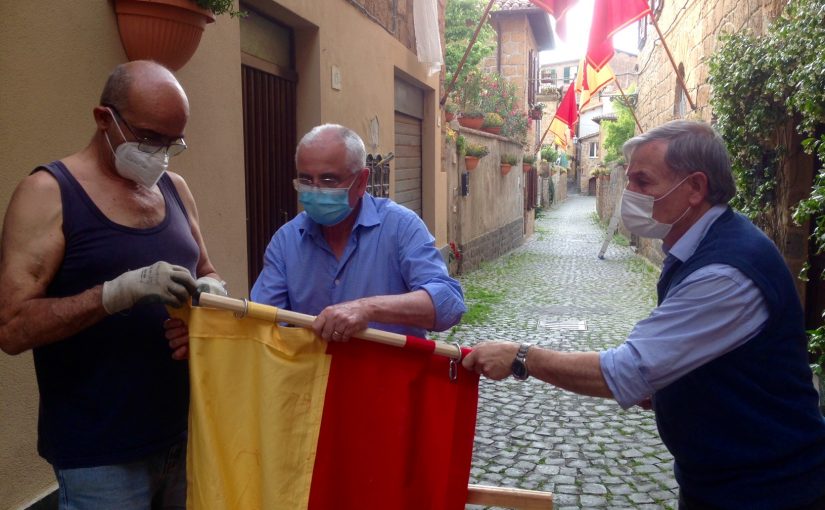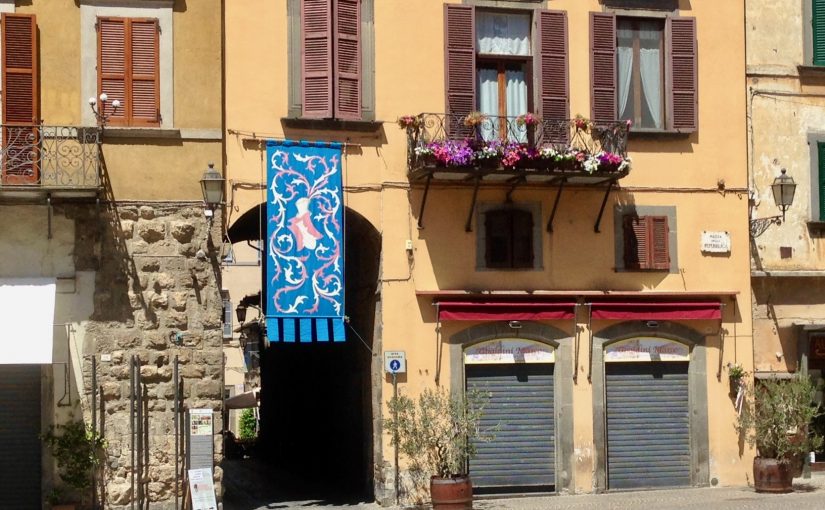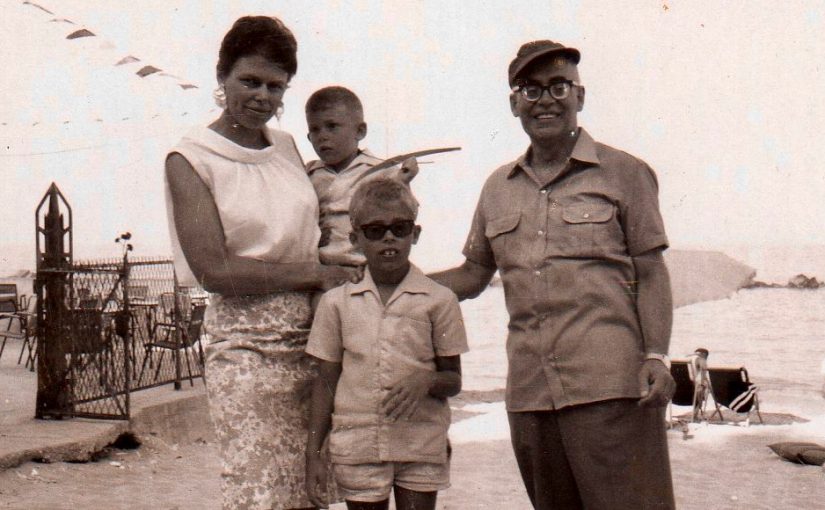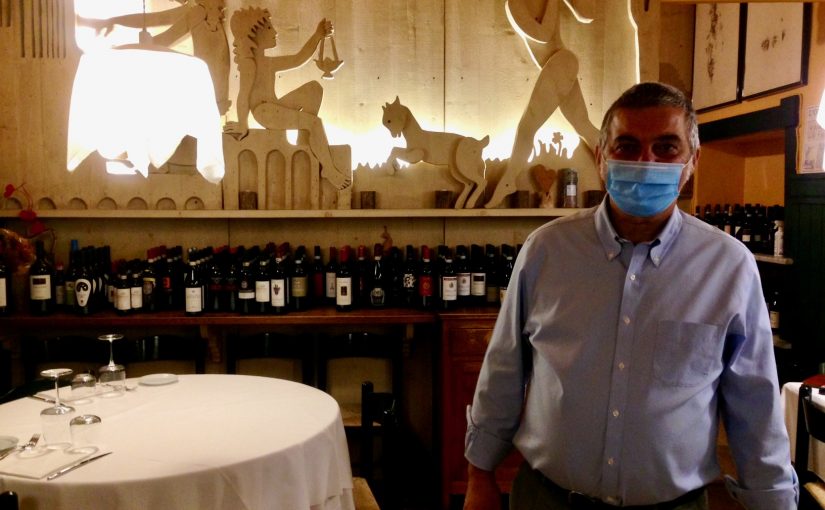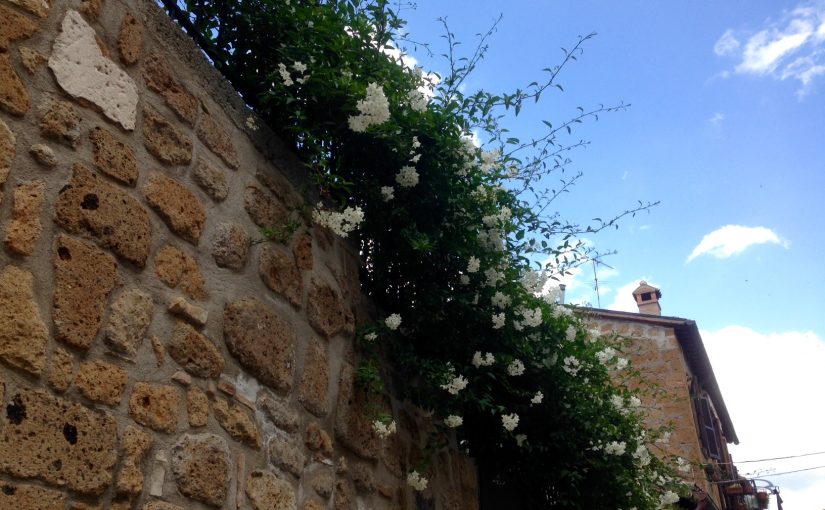Intermission is over. Act Two started out with a big production number on Saturday; lots of people in the streets, restaurants fully booked that evening. Most everyone coming into town on Saturday was wearing a mask, but only about half of those were wearing them on their faces. By Monday, the older teens, still dressed to the nines, had abandoned masks all together – that fashion accessory, as it turns out, was short-lived.
We all want to return to a pre-pandemic life.
It was wonderful seeing people fill the streets and restaurants. It also gave many of us pause, especially those of us who were here for lockdown. We paid a price and want the goods delivered in good condition. I was involved in several discussions about both the wonder and the fear. We would decry the lack of masks while unmasked ourselves, proclaim them unnecessary except for extended conversations at less than two meters while within a meter of one another. The signs are here – crowds, bustle, food – we pick up on them unconsciously and a whole culture returns without any effort at all.
Another subject oft repeated; how lockdown seemed perfectly normal at the time, and now, looking back, has become surreal. There is almost a nostalgia for its purity, its simplicity. Intermission was engaging, greeting friends who had spent the previous two-plus months within a few meters of each other, as if they were returning from a global adventure – which in a way they were. The joys of cleaning, reestablishing, opening, took us into a state of heightened appreciation, the future was daunting, but it also felt fresh and stimulating.
Then about two weeks ago I felt a change in the air and in myself. Maybe it was a kind of slump after being on high alert for so long, the psyche’s natural desire to have time off, to lower guard. Umbria was without active cases, inter-regional travel was still closed, we were safe. And with the relaxation came of kind of depression. I kept my daily routines intact, but felt adrift. Drifting turned to world weary. I stopped sending out plays to festivals and submitting to theatres with announced calls. Why bother when they’ll be closed for at least another year? I barely wrote at all. The sense of purpose suggested by lockdown waned. I plugged the hole by eating out and providing a bit of commerce to the dining establishments struggling to re-open. Now that, too, seems unnecessary.
And in the past two weeks I’ve been told again and again by Orvietani that their fellow townspeople treat one another poorly, that only foreigners (including Italians from outside of town) are treated kindly. And in the past two weeks I’ve heard Italians disparage Italy, over and over. Those complaints are always there, here, and every other place I’ve ever lived, but lately they’ve become harsher and more difficult to listen to. Maybe weeks of compliance have created an especially strong need to complain – get it out of our systems.
The Fantasticks, the longest-running American musical of all time, ends the first act with everything in its romantic place. The second act begins with the gentle light of the moon being replaced with the heat of a noonday sun. “This plum is too ripe” is the repeated complaint. The dressed up youth that were so charming a week or two ago, now seem a bit brash and to be trying too hard. The day-trippers trooping up Corso, so welcome on Saturday, even with their elbows protected with masks, by Sunday seemed a little desperate, and far too few in number to make more than a superficial difference.
“I can’t go on like this,” lamented Maria whose scarf shop saw no business despite the crowds. “I’ll keep the shop open through July to sell what I can, but I won’t produce any more scarves.” Then perhaps she’ll take booths at the special markets, when there are special markets again. When she first reopened in May, she had been surprised how much she had missed not only the creation of products but the community connection the shop gave her. Now, the hill looks steeper, the path more overgrown, the weather uncertain.
“I’m bleeding,” said today’s partner at afternoon tea. “I can’t say ‘we shall see’ anymore and believe it.”
One of my favorite places in town to eat is Trattoria delli Poggi, located a few handy steps from where I live. The delli Poggi family runs several eateries, including Pizzeria Charlie with its ample courtyard. So Stefano, who is a driving force for most of it, made a well-considered decision to have Charlie “host” the Trattoria for the summer. It was a lot of work, like creating a new location for a new business, but when Erika and I went for their first night last Saturday, there were no places available.
“Congratulations, Stefano! I’ve never been happier to be refused seating.”
“We shall see,” he responded. “It’s a risk, but what else can we do? We have to maintain a solid business and healthy distancing, together.”
Being adrift is contrary to the human experience.
As the young lovers find out in Act Two, the lessons learned in the light of day are difficult and often painful, but they are the price we pay for gaining back a future.
